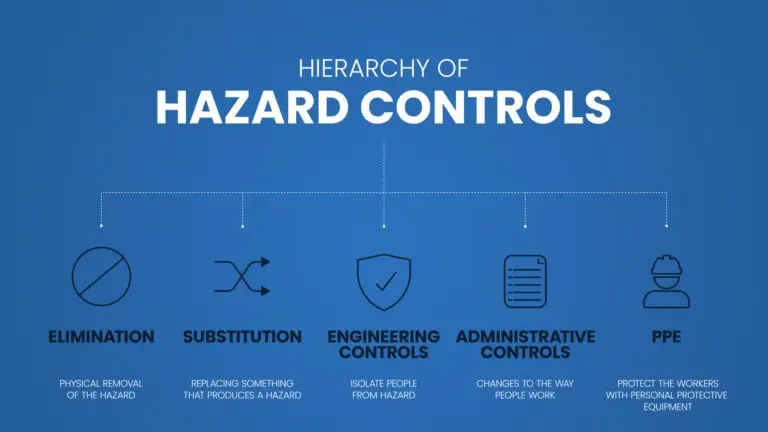HACCP, or Hazard Analysis and Critical Control Points, is a food safety management system that is designed to identify and prevent potential hazards in the food production process. It is important because it helps ensure that the food produced is safe to eat by identifying and controlling potential hazards such as bacteria, viruses, physical and chemical contaminants, and more.
By implementing HACCP, food producers can take proactive steps to prevent food safety issues before they occur, rather than simply reacting to them after they have happened. This can help to protect consumers from foodborne illness, protect the reputation of food producers, and reduce the risk of legal and financial liabilities.
If a food producer does not implement HACCP, they may be at a higher risk of producing food that is unsafe to eat. This can lead to a number of consequences, including:
- Foodborne illness: Without HACCP, there is a higher risk of bacteria, viruses, and other contaminants in the food, which can cause food poisoning and other serious health problems for consumers.
- Legal and financial liability: Food producers can be held liable for any illness or injury caused by the food they produce. Not implementing HACCP can increase the likelihood of this happening.
- Damage to reputation: If a food producer is linked to a food safety incident, it can seriously damage their reputation and make it difficult for them to regain consumer trust.
- Recalls: If a food safety hazard is discovered, the food producer may need to recall the affected products, which can be costly and time-consuming.
- Loss of business: If a food producer is associated with a food safety incident, it can cause customers to lose trust in their products and take their business elsewhere.
- Government regulations: Many countries have regulations that require food producers to implement HACCP and other food safety measures. Not doing so can result in fines and penalties.


